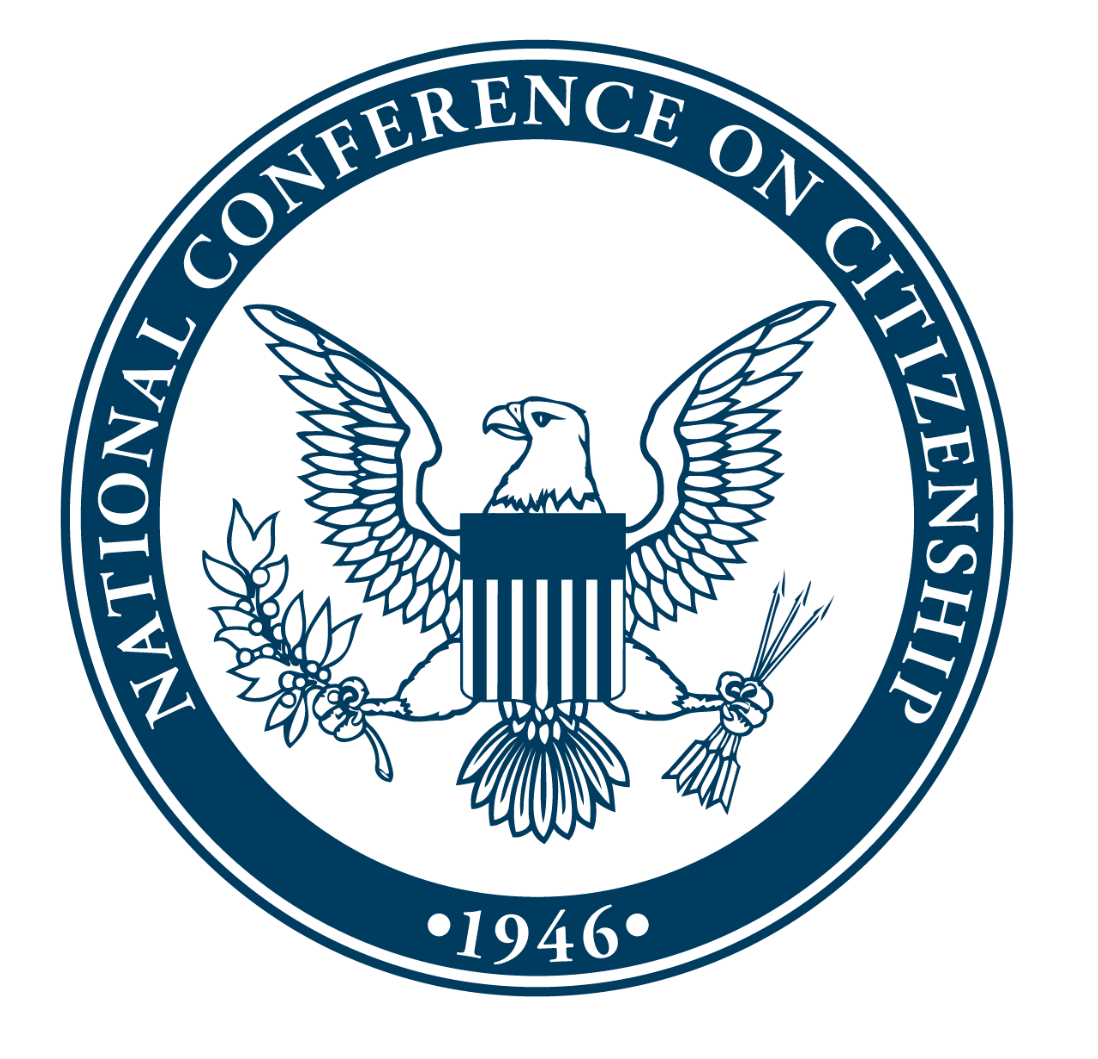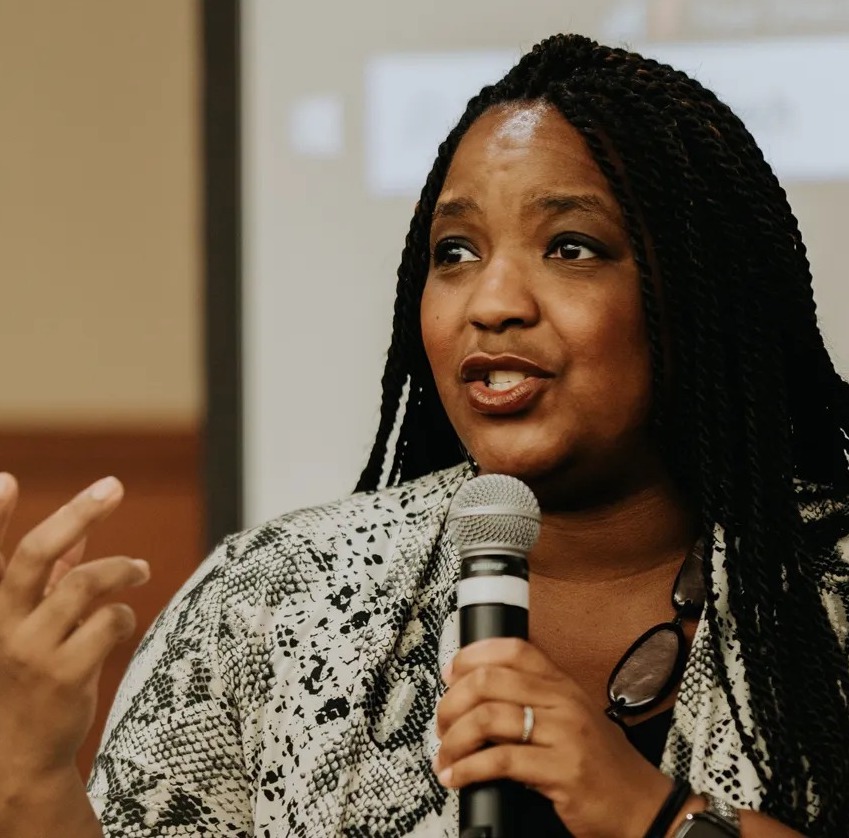
Dr. Jeanine Abrams McLean is the President at Fair Count, a nonprofit, nonpartisan organization, founded by Stacey Abrams. The goal of Fair Count is to ensure that every person in Georgia and the nation is counted for a fair and accurate census and to build pathways to continued civic participation, including voting and redistricting.
Jeanine is a highly skilled researcher with over 20 years of experience designing, managing, and implementing population-based studies and projects, and she has authored over 25 peer-reviewed publications. While at the Centers for Disease Control and Prevention, she applied her expertise in computational biology and population research to advance public health initiatives. At Fair Count, she has led the creation of statistically-relevant census undercount maps of all 50 states with a focus on Black and Latinx communities and advocated for community-driven solutions through the pairing of scientific researchers and organizers. She is widely renowned for championing the voices of the rural South. Jeanine was recently selected for the Keseb Democracy Fellowship, which focuses on cross-country learning with democracy entrepreneurs from the United States, Brazil, and South Africa.
Session: Democracy’s Data: How the Census Measures, Shapes, and Strengthens Civic Health
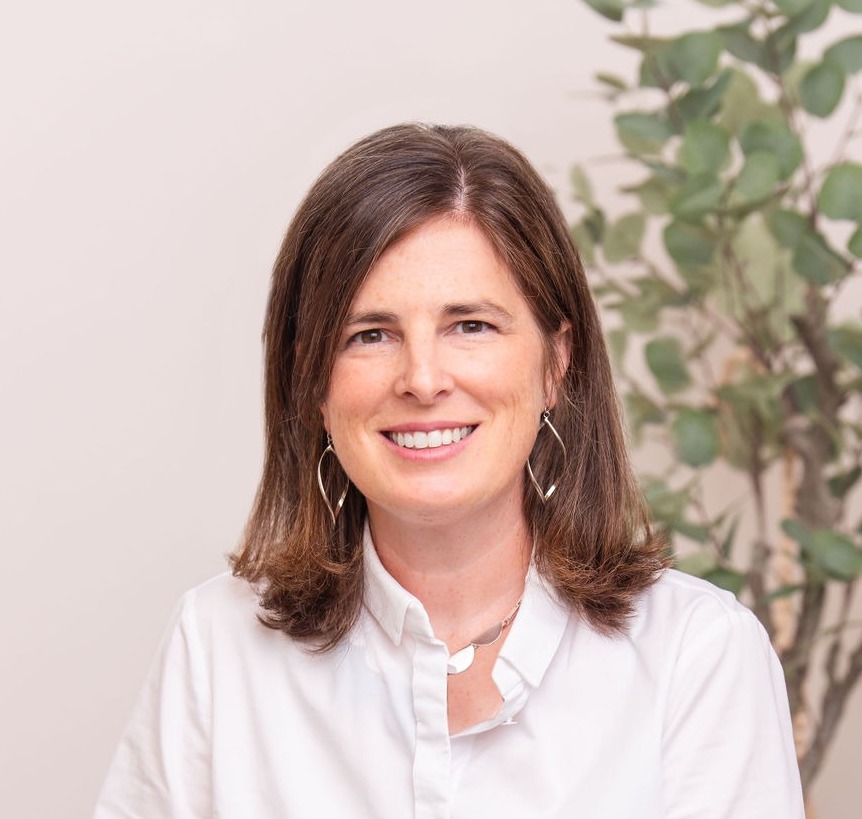
Sarah Beth Gehl is the Executive Director for the Southern Economic Advancement Project (SEAP), an initiative aimed at broadening economic power and building a more equitable future. She served as policy director for the Stacey Abrams for Governor 2018 campaign and previously served as deputy director for the Georgia Budget and Policy Institute, where she specialized in tax policy. She founded Gehl Consulting to provide consulting services to maximize the policy and advocacy impacts of national and Georgia-based nonprofits. Sarah Beth has taught at the University of Georgia, Georgia State University, and Agnes Scott College in nonprofit management, public policy, and political science. Sarah Beth received a Ph.D. in public policy through a joint program at Georgia Institute of Technology and Georgia State University and a Masters in Urban Planning and Policy from the University of Illinois at Chicago.
Session: Engaging Communities for Climate Resilience
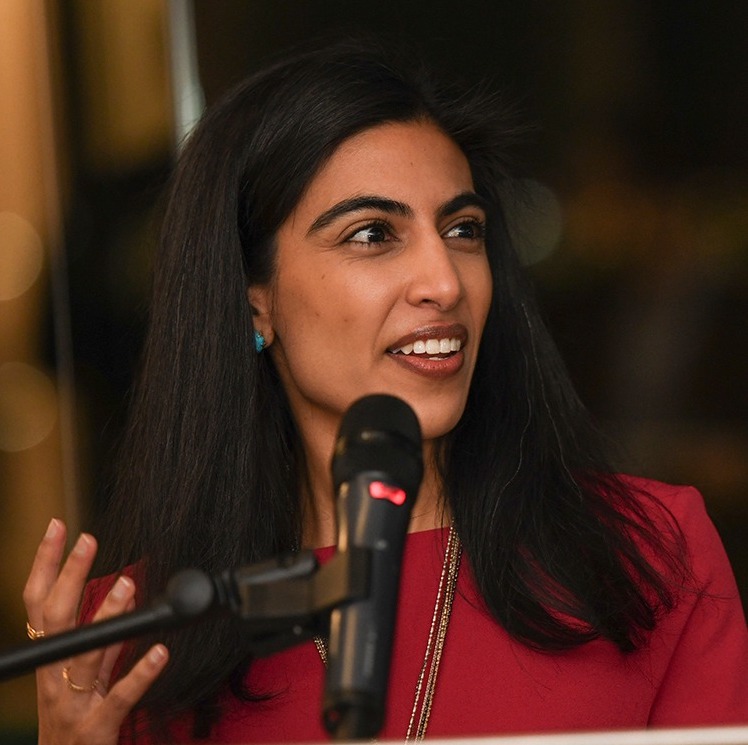
Aliya Bhatia Aliya Bhatia is the Executive Director at Vot-ER and Civic Health Month where she works to bring voter registration into health care settings, including emergency rooms, hospitals, and community health centers. She completed her Masters in Public Policy from Harvard Kennedy School as a Sheila C. Johnson Leadership Fellow and is a graduate of the School of Foreign Service at Georgetown University.
Aliya was drawn to the connection between health and democracy through the combination of being raised by parents in the medical field and various defining experiences while studying, teaching, and working on housing and health initiatives. Aliya, a Georgia native, started her career as a high school educator and then as a strategy consultant at the Boston Consulting Group (BCG). She prioritizes diversity and inclusion in all her endeavors.
Session: Leveraging Public Health to Increase Civic Health
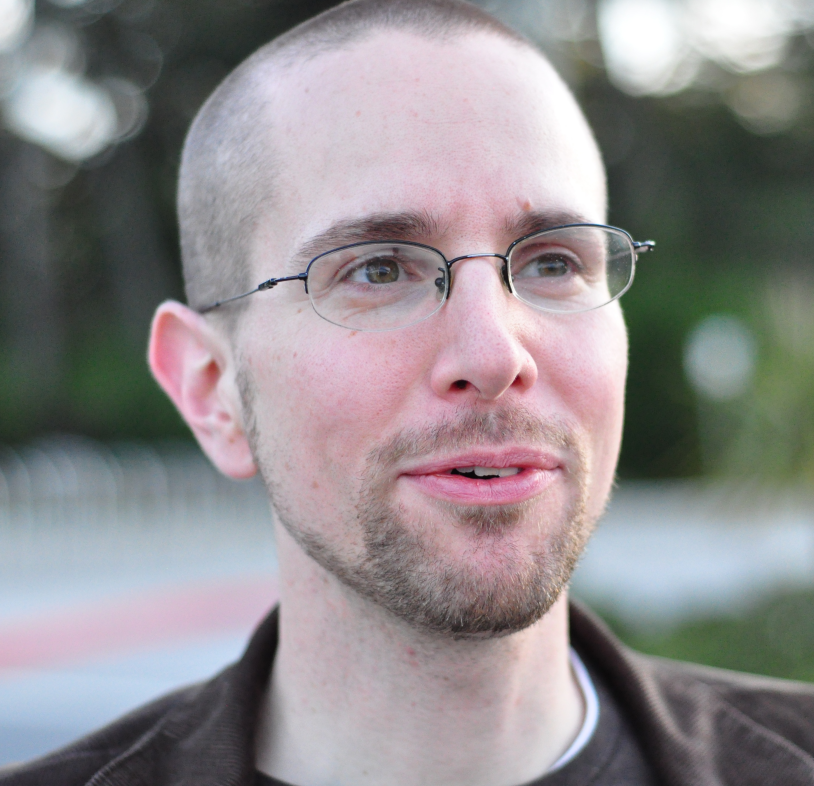
Dan Bouk is Author of “Democracy’s Data” and Professor & Chair of History at Colgate University. Bouk researches the history of bureaucracies, quantification, and other modern things shrouded in cloaks of boringness.
Bouk studied computational mathematics as an undergraduate at Michigan State, before earning a Ph.D. in history from Princeton University. His work investigates the ways that corporations, states, and the experts they employ have used, abused, made, and re-made the categories that structure our daily experiences of being human. His first book, How Our Days Became Numbered: Risk and the Rise of the Statistical Individual (Chicago, 2015), explored the spread into ordinary Americans’ lives of the United States life insurance industry’s methods for quantifying people, for discriminating by race, for justifying inequality, and for thinking statistically. His new book, Democracy’s Data: The Hidden Stories in the US Census and How to Read Them, published by MCD/Farrar, Straus and Giroux, was one of the New York Times’ 100 notable books for 2022. In an age when we often hear that good governance requires that we depend on good data, it is crucial that everyone (and not just those in quantitative fields) understand and can work to improve the processes that make data from people. Democracy’s Data is a history of the 1940 census that will prepare its readers to examine and critique the data-driven systems that surround us.

Cara Brumfield is the Managing Director of Research and Policy at the Georgetown Center on Poverty and Inequality. Cara manages and provides strategic direction for the Center’s research and policy agendas. She also leads the Center’s Census and Data Justice portfolio.
Cara is a co-chair of the Census Quality Reinforcement Task Force. Previously, Cara was the Director of the Public Benefits Justice team at the Center for Law and Social Policy (CLASP). Before CLASP, Cara spent five years at GCPI leading research and policy projects related to the decennial census, federal data equity, human services, public benefits, and job quality.
Cara was awarded the Congressional Hunger Center Alumni Leadership Award (2018) and currently serves on the Advisory Board for The Platform of Hope. She has been quoted or had her work highlighted in various outlets, including NPR, CQ Roll Call, the New York Times, the Black News Channel, and Mother Jones. Cara has deep experience applying a racial equity lens to economic justice issues. She understands the systems, policies, and programs that create and alleviate poverty—based on both her work and her own lived experiences. Originally from Brooklyn, New York, Cara lives in Northwest Washington, DC..
Session: Democracy’s Data: How the Census Measures, Shapes, and Strengthens Civic Health
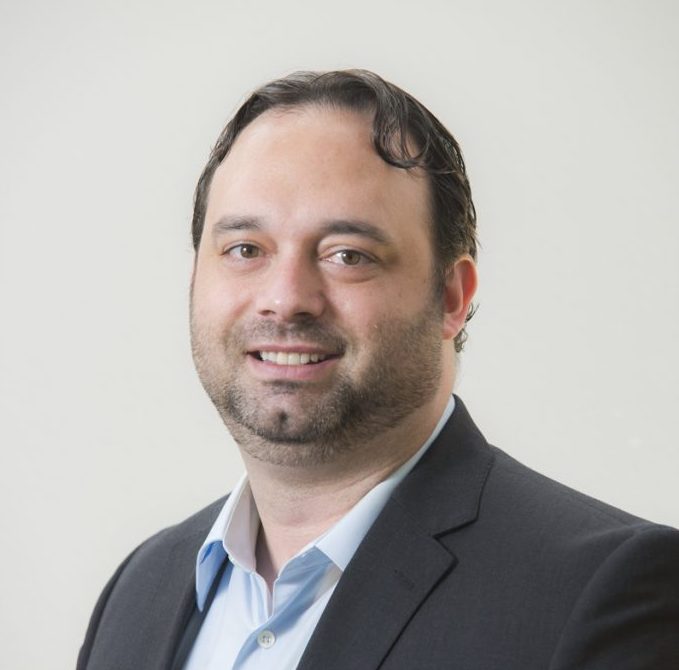
Jeff Coates is the Research and Evaluation Director at the National Conference on Citizenship and is responsible for organizational priorities that include conducting research, performing data analysis as part of the Civic Health Index initiative, and evaluation of programs.
Jeff brings over ten years of social science research and on-the-ground program evaluation experience. His prior experience in disaster relief and long-term recovery has given him the knowledge of various fields including community development, civic engagement, and economic development.
Session: Measuring Civic Health: Marking the 100th Civic Health Index
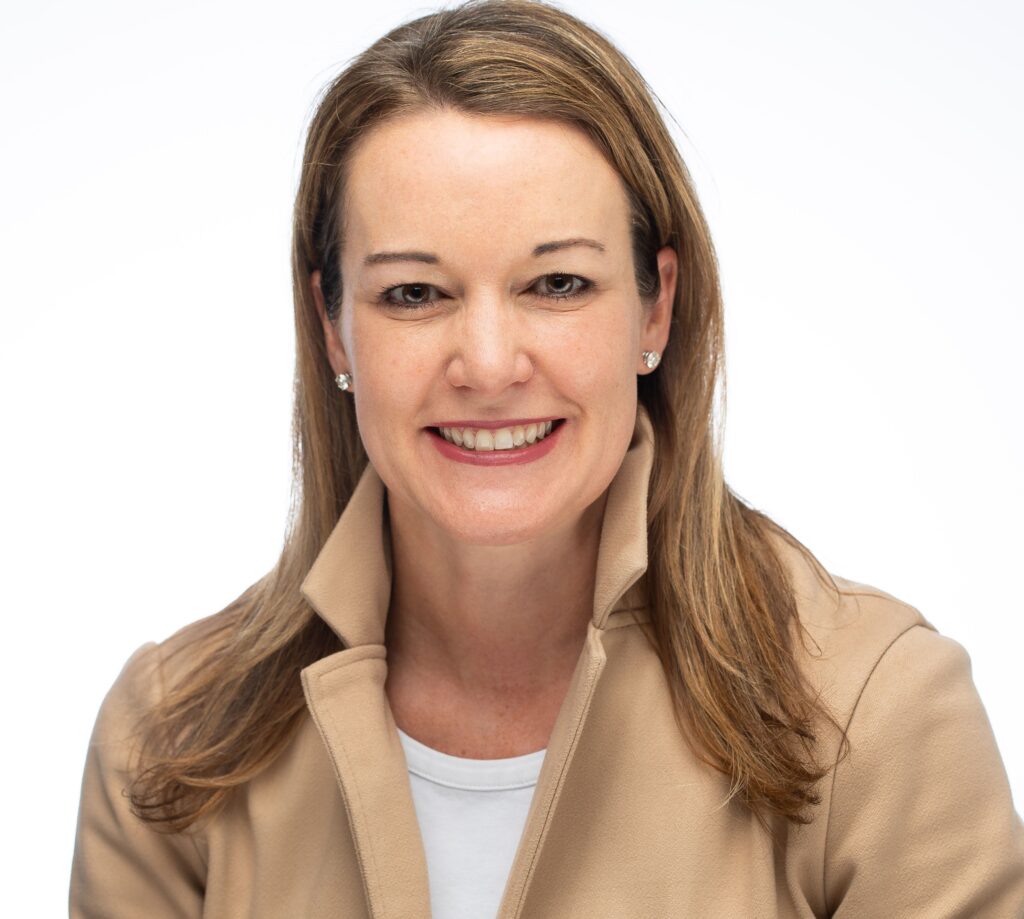
Jen Daulby is a skilled government affairs and communications strategist with two decades of leadership experience in Washington. She has held every position on Capitol Hill from intern to staff director including working for four Members of Congress and covering subject matter for five committees. As staff director for the House Administration Committee, she drove a proactive agenda and coordinated high-profile operations with a commitment to bipartisan outreach. She oversaw legislative branch operations during the pandemic, insurrection, and inauguration in addition to on-boarding 48 new members of the 2021 House freshman class.
Jen has worked for two Fortune 500 companies developing and implementing government relations strategies, was the Chief of Staff and head of Government Affairs for a gov tech start-up company, and most recently was a principal at a multi-client lobbying firm. She was awarded the Stennis Center for Public Service’s Cresswell Award for the 117th Congress by her former Congressional colleagues.
Jen has worked with CMF in a range of capacities for many years and is deeply committed to CMF’s mission of improving the operations of our First Branch and strengthening democratic institutions.
Session: Engaging Congress: Lessons from the Inside
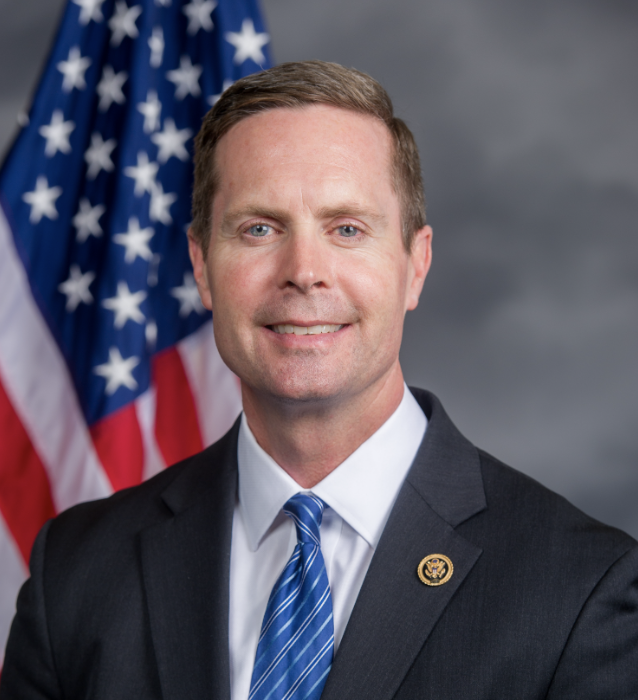
Congressman Rodney Davis: As a five-term Congressman (IL-13) turned leader of the US Chamber of Commerce Government Affairs, Rodney works on behalf of US Chamber membership to advocate for policies that let our free enterprise system proper so that everyone can achieve the American Dream.
During his tenure in Congress, Rodney held several leadership positions including Ranking Member of the Committee on House Administration (116-117th); Ranking Member of the House Transportation and Infrastructure Subcommittee on Highways and Transit (117th); Deputy Whip for Republican Whip Steve Scalise (LA) (117th); and Chairman of the House Agriculture Subcommittee on Biotechnology, Horticulture, and Research at the House Agriculture Committee (115th). A nationally a recognized bipartisan problem solver, Davis worked across the aisle on several key issues, including promoting America’s infrastructure, defending our nation’s farmers, strengthening national security, supporting the men and women in the armed forces, and lowering the cost of health care.
On June 14, 2017, Congressman Davis was one of several Republicans who were practicing for the Congressional Baseball Game for Charity when a gunman opened fire, attempting to assassinate Republican members of Congress. Following the shooting, Rodney made it his mission to remove dangerous rhetoric from political conversations.
Session: Navigating the Challenge of Public Service in a Polarized Landscape
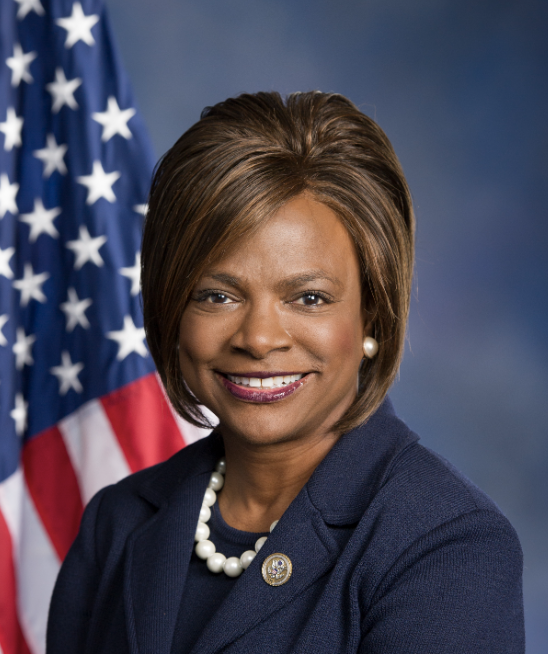
Congresswoman Val Demings is a lifelong public servant who broke numerous glass ceilings in her rise through the Orlando Police Department and her election to Congress. Demings launched innovative programs like Operation Positive Direction, a mentoring program that empowers at-risk students through tutoring, community service, and positive incentives. She also launched Operation Free Palms, a project focusing on rejuvenating Orlando’s most crime-ridden housing complex. By focusing on unorthodox strategies like financial literacy, building playgrounds, a GED program, and job skills training, she improved the quality of life in Orlando’s most distressed community.
She chaired the House Homeland Subcommittee on Emergency Preparedness, Response, and Recovery. She served as Assistant and Regional Whip for the House Democratic Caucus, Co-Chair of Candidate Recruitment for the Democratic Congressional Campaign Committee, and Vice Chair of the Gun Violence Prevention Task Force. Rep. Demings is an active member of Delta Sigma Theta Sorority, Inc., NAACP Silver Life Member, National Organization of Black Law Enforcement Executives, National Association of Women Law Enforcement Executives, National Congress of Black Women, and numerous other affiliations.
Post-Congress, Demings has also joined the Bipartisan Policy Center as an Executive Fellow, working together to get things done and improve the quality of life of the American people.
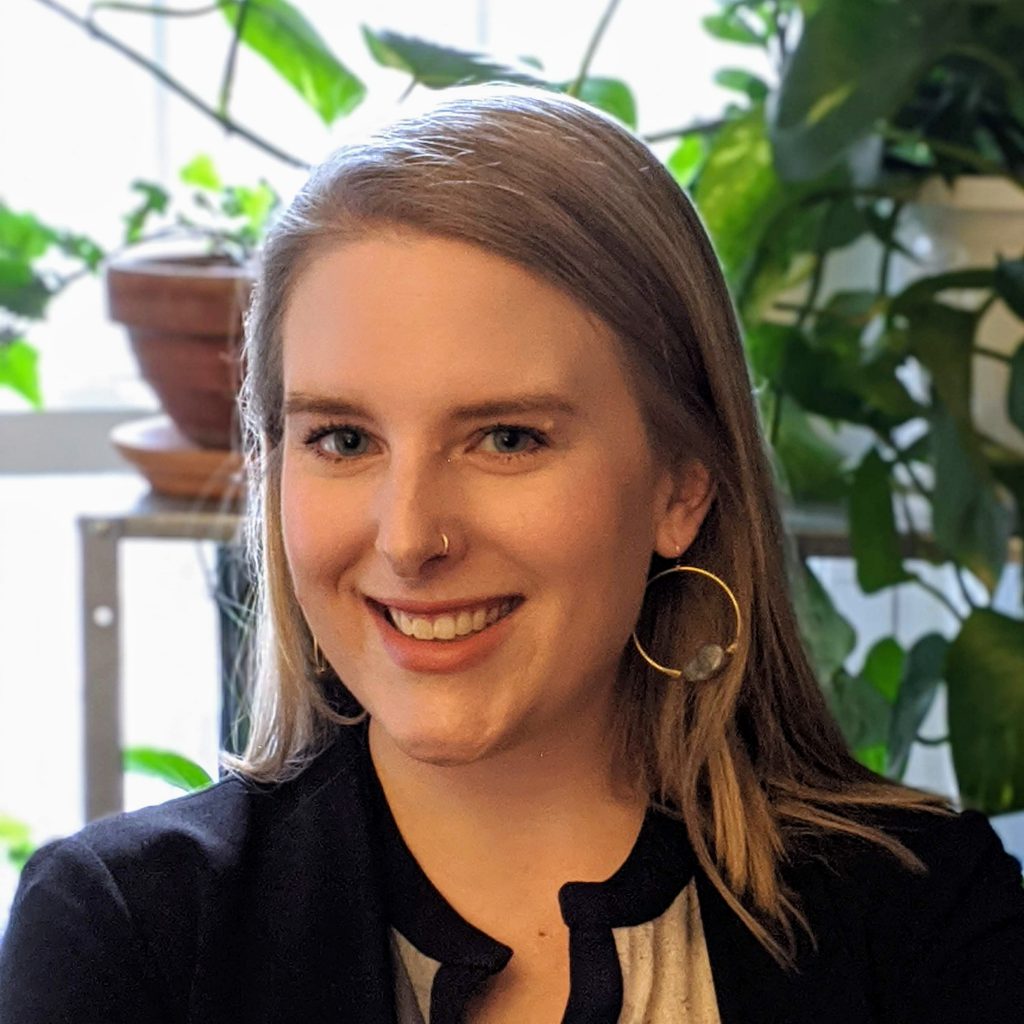
Kaitlyn Dowling is the Senior Research Analyst at ATI, leading investigations and analysis of mis-/disinformation, tech policy, and civic data collection.
Previously, she served as the Senior Editor in the Information Disorder Lab, housed in the Shorenstein Center on Media, Politics and Public Policy at the Harvard Kennedy School.
Kaitlyn has also worked with a variety of organizations in executing their communications strategies, including Harvard Law School, the American Cancer Society, AARP, the Malala Foundation, and the Bill and Melinda Gates Foundation, among others.
Session: Listening to Digital Civic Discourse: Tools & Insights
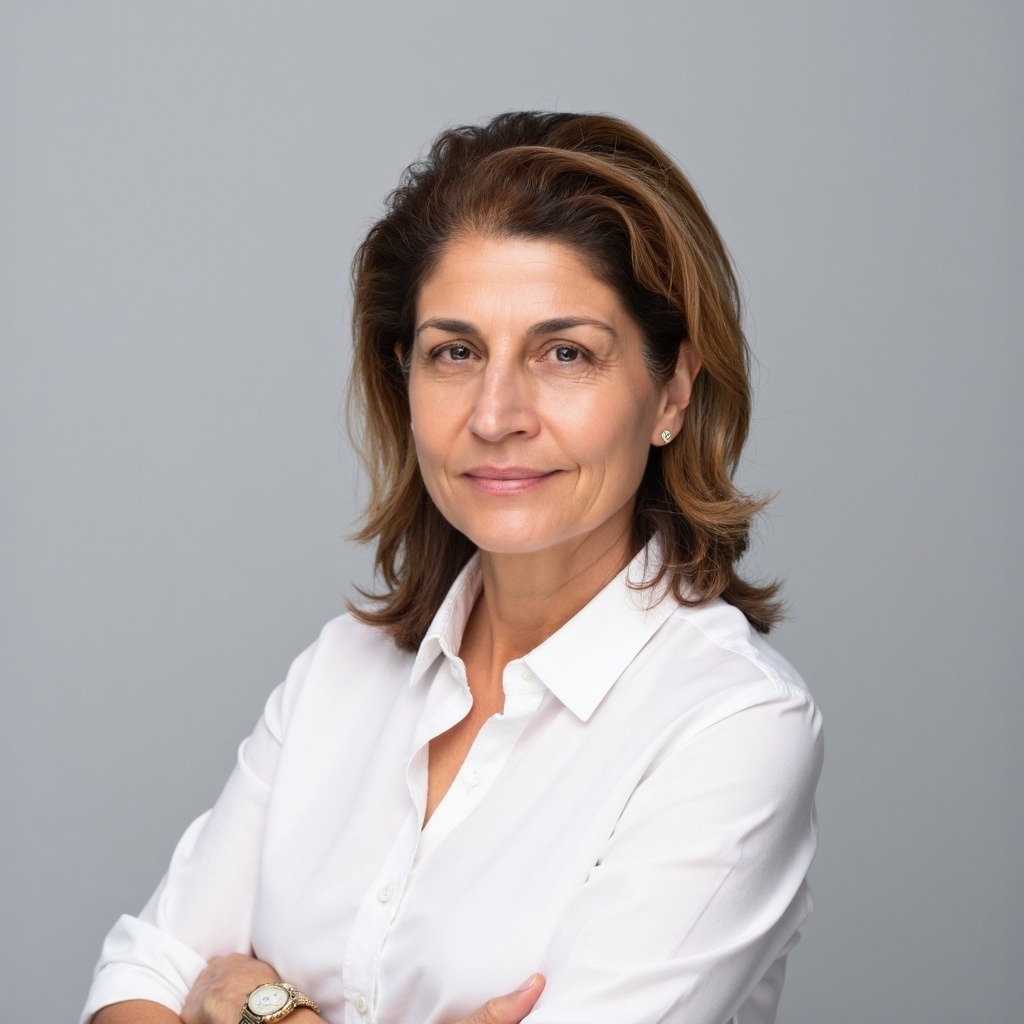
Marjan Ehsassi is the Executive Director of FIDE – North America (Federation for Innovation in Democracy), a Berggruen Institute Future of Democracy Fellow, an IDEA Senior Fellow and Strategic Program Director of the Democratic Action Fund. A movement builder, strategic policy advisor, researcher and practitioner. Marjan is a fierce believer in citizen-centric, inclusive, responsive and impactful government-led engagement that provide citizens with consequential voice in policy reform.
She is on the steering committee of Global Innovations and Democracy (GID) and serves on several boards including Healthy Democracy, the American Friends Service Committee, Apolitical Academy and the Local Policy Lab.
She was one of four guarantors selected to the Collège des Garants of the French Citizens’ Convention on the End of Life (Convention Citoyenne sur la Fin de Vie) (2022-2023) and on the Oversight Committee of G1000’s We Need To Talk Citizens’ Panel (2022-2023). Her book Activated Citizenship, The Transformative Power of Citizens’ Assemblies was published in August 2024.
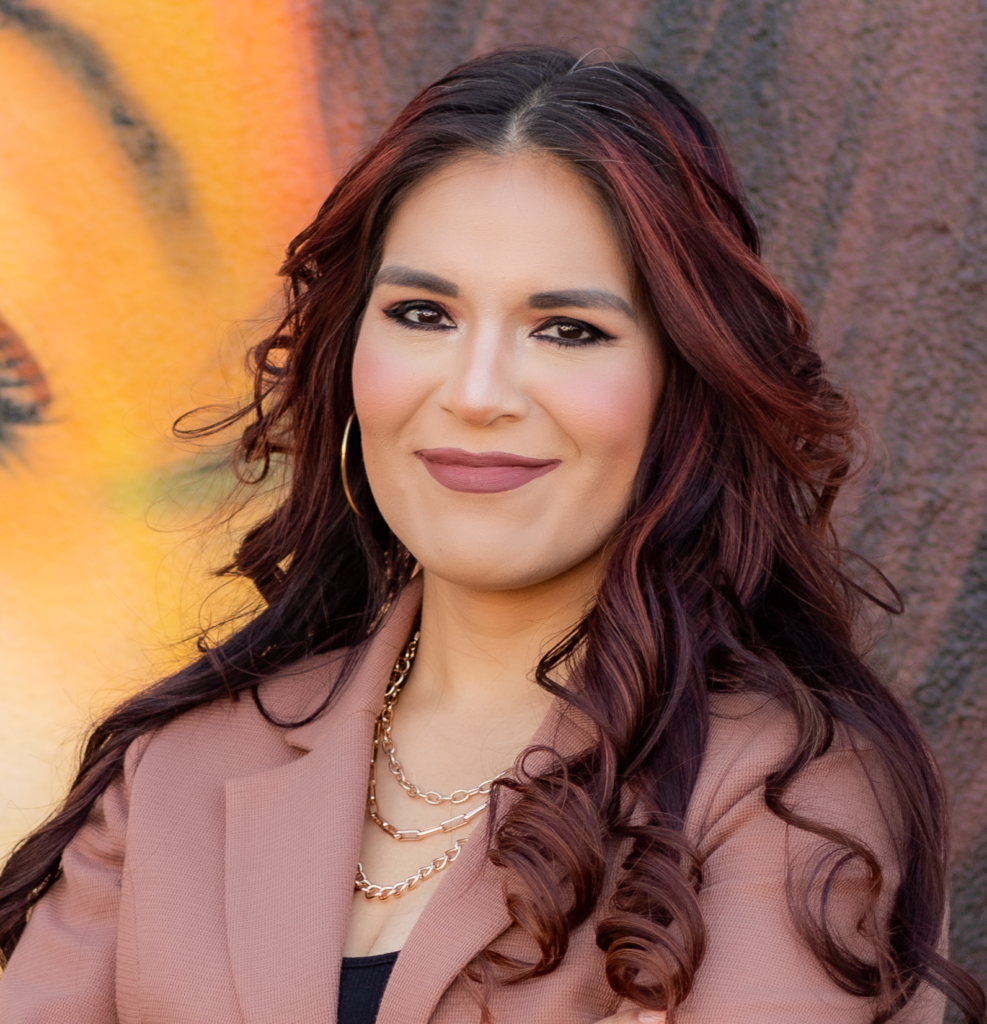
Lizette Escobedo is a passionate advocate for civic engagement and social justice, with over two decades of experience leading impactful initiatives to empower Latino communities. Currently serving as Vice President of Government Relations and Civic Engagement at AltaMed Health Services, Lizette played a key role in the ¡Andale! ¿Que Esperas?! COVID-19 vaccine outreach program, resulting in over 130,000 vaccinations, and led the My Vote. My Health. campaign, reaching over half a million Latino voters.
Lizette’s commitment to social justice extends beyond her work at AltaMed. She has held leadership positions at several prominent organizations, including the National Association of Latino Elected and Appointed Officials (NALEO) Educational Fund, where she directed national efforts to ensure a full count of Latinos in the 2010 and 2020 Censuses.
Lizette’s dedication to her community is evident in her run for Whittier City Council in 2018 and her recognition as Woman of the Year by California Assembly Majority Leader Ian Calderon in 2019. She continues to serve on the boards of Make the Road States and the National Civic Health Alliance, and the South East LA (SELA) Collaborative further demonstrating her commitment to creating a more just and equitable society.

Sam Feist is the new CEO of C-SPAN. Prior to C-SPAN, Feist served as CNN’s Washington Bureau Chief and Senior Vice President. Named to this role in May 2011, he oversaw operations of the DC bureau including CNN’s largest newsgathering operation, the production of CNN’s Washington-based programming, and major political events including election nights, conventions, inaugurations, town halls, and debates. Feist also oversaw CNN’s internal fact-checking team and CNN’s Special Events unit. Since August of 2023, Feist was the Executive in Charge of CNN en Español. On Election Night, Sam Feist was responsible for projecting the winners. Previously, Feist was CNN’s political director and vice president of Washington programming. In that role, he coordinated all facets of CNN’s daily political coverage and oversaw CNN’s production of all CNN election nights since 2006. Feist was the founding Executive Producer of The Situation Room, CNN’s daily newscast. He formerly produced and oversaw the production of other CNN political programs including: Crossfire, Inside Politics, The Capital Gang, Evans & Novak, Late Edition, and Wolf Blitzer Reports. He has produced interviews with such world leaders as Barack Obama, Donald Trump, George W. Bush, Bill Clinton, George H.W. Bush, Margaret Thatcher, Mikhail Gorbachev, and Yitzhak Rabin.
Feist is the recipient of five Emmy Awards: as an executive producer of CNN’s January 6th anniversary coverage; as executive producer of CNN’s 2012 Election Night coverage; as executive producer of CNN’s coverage of the 2006 midterm elections; as an executive producer of breaking news coverage of the 2011 Arab Spring; and as executive producer of CNN’s Train Disaster Ohio Town Hall. In the 2008 election cycle, Feist coordinated and produced the campaign coverage that earned CNN a Peabody Award.
Session: How Can Civic Media Help Renew Civic Health
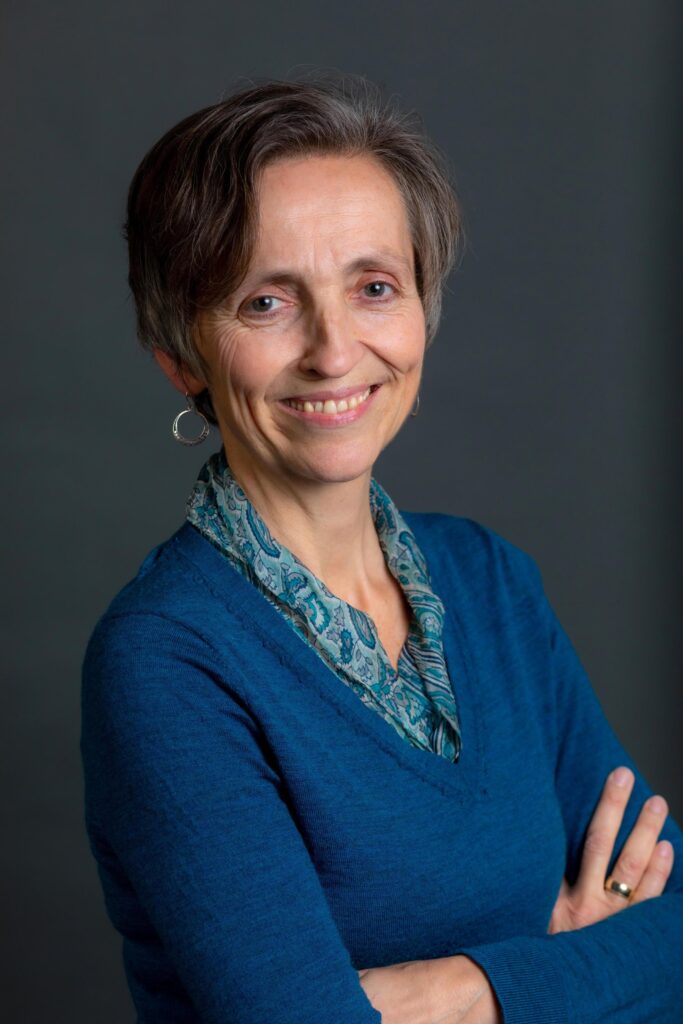
Stefanie Friedhoff is co-founder and co-director of the Information Futures Lab (IFL), Professor of the Practice, and Senior Director of Strategy and Innovation at the Brown University School of Public Health.
From July 2022 to May 2023, Friedhoff served as a senior policy advisor on the White House Covid-19 Response Team, focusing on population information needs, health equity, community engagement, and medical countermeasure uptake. At Brown, Friedhoff studies information ecosystems and the relationships between information needs, information inequities, and health outcomes. Partnering with creators of trusted information in rapidly changing information ecosystems, she creates co-designing and capacity-building opportunities and research initiatives aimed at meeting the information needs of diverse populations.
Prior to Brown, Friedhoff was Director of Content and Strategy at the Harvard Global Health Institute and led Programs and Special Projects at The Nieman Foundation for Journalism at Harvard. She founded Nieman’s Trauma Journalism Program and Global Health Reporting Fellowships.
Throughout her career, Friedhoff has worked as a foreign correspondent, feature writer, editor and photographer on three continents. Her stories have been published in TIME, The Boston Globe, Sueddeutsche Zeitung, Frankfurter Allgemeine, Nieman Reports, and many other publications.
Session: Mapping Civic Health to Revitalize Local News

Robert Griffin is the Associate Director of Research for Democracy Fund.
He was the co-author and lead data analyst for the “States of Change” project — a collaboration between the Center for American Progress and demographer William Frey of the Brookings Institution. He also served on the editorial committee of PS: Political Science and Politics, the journal of record for the American Political Science Association. His research and writing has appeared in The New York Times, The Washington Post, The New Yorker, The Economist, and other major publications and has been featured on CNN, Meet the Press, NBC News, and MSNBC.
Before his current role, Robert was the Research Director of the Voter Study Group, the Associate Director of Research at the Public Religion Research Institute (PRRI), and the Director of Quantitative Analysis at the Center for American Progress. Robert has taught courses on research methodology, statistics, public opinion, and political advocacy for The George Washington University, Pennsylvania State University, and Loyola University Chicago. He received his Ph.D. in political science and research methodology from The George Washington University.
Session: Boom and Bust: Cyclical giving in the Democracy Space, Deep Dive on the US Democracy Hub
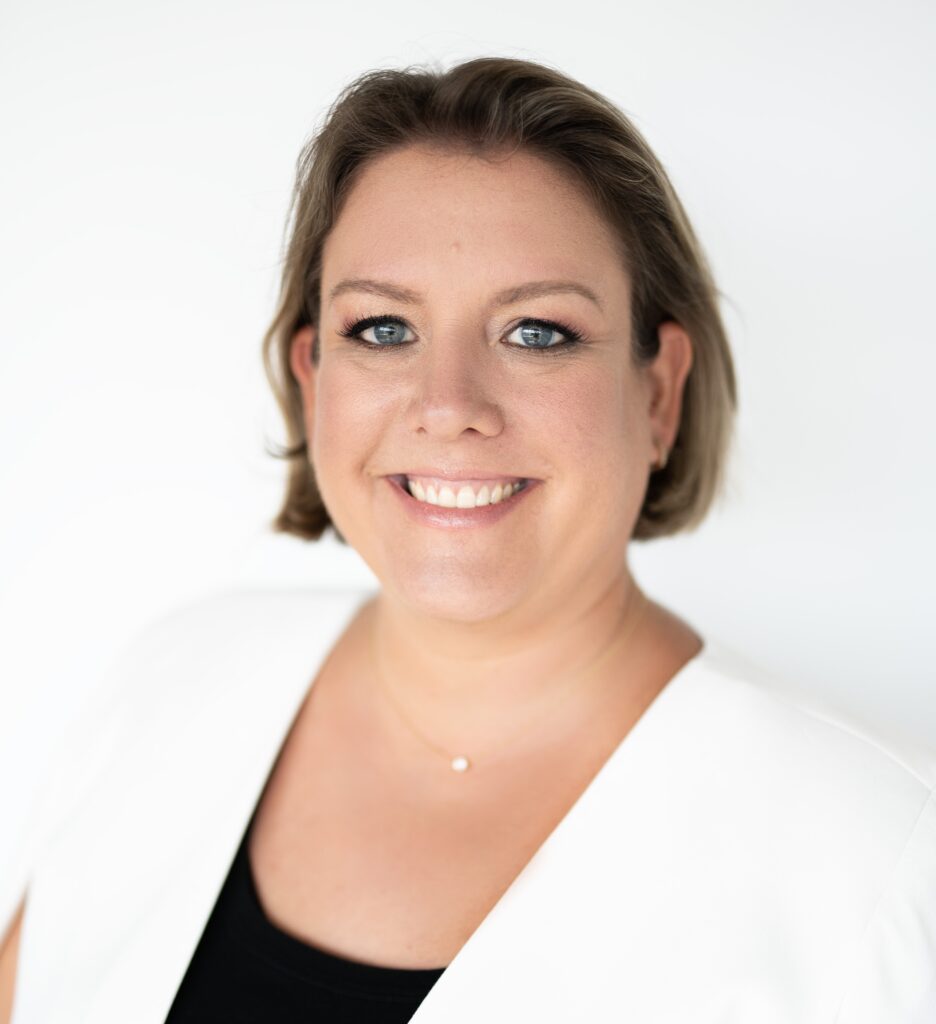
Katie Harbath is a global leader at the intersection of elections, democracy, and technology. As the chief executive of Anchor Change, she helps clients think through tech policy issues. She is the director of technology and democracy for the International Republican Institute and is also a fellow at the Bipartisan Policy Center, the Integrity Institute and a nonresident fellow at the Atlantic Council. Previously, Katie spent ten years at Facebook.
As a director of public policy, she built and led global teams that managed elections and helped government and political figures use the social network to connect with their constituents. This work included managing the global elections strategy across the company by working closely with product teams to develop and deploy civic engagement and election integrity products including political ads transparency features; developing and executing policies around elections; building the teams that support the government, political, and advocacy partners; working with policymakers on shaping the regulation of elections online, and serving as a spokesperson for the company about these issues.
Katie was involved in this work in major elections for every country worldwide, including the United States, India, Brazil, United Kingdom, European Union, Canada, Philippines, and Mexico. Before Facebook, Katie held senior strategic digital roles at the Republican National Committee, the National Republican Senatorial Committee, DCI Group and multiple campaigns. She is a board member at the National Conference on Citizenship, Democracy Works, and the Center for Journalism Ethics at the University of Madison-Wisconsin. Katie holds a BA in journalism and political science from the University of Wisconsin-Madison.
Session: How Can Civic Media Help Renew Civic Health
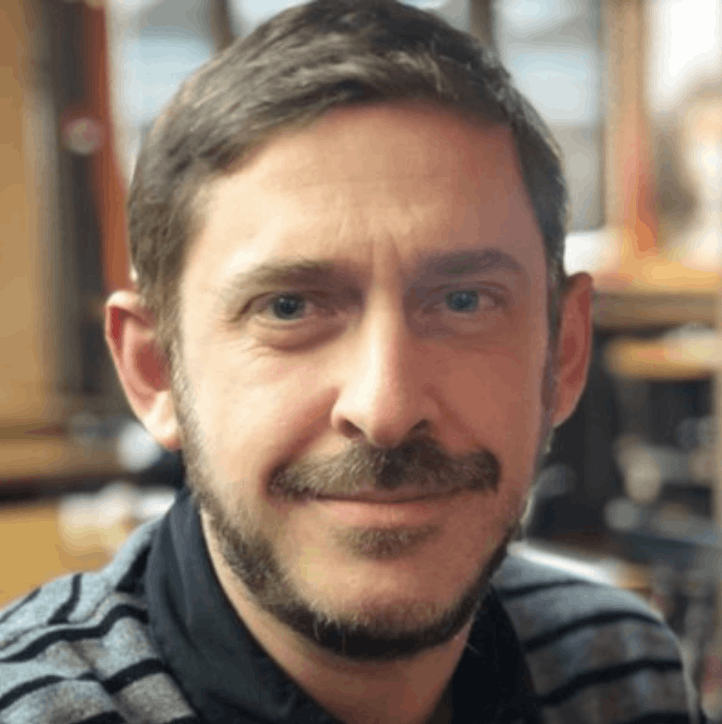
Cameron Hickey is the Chief Executive Officer of the National Conference on Citizenship (NCoC). With a background in journalism, technology, and democracy, Hickey has focused on addressing the challenges posed by misinformation and disinformation, especially as they impact civic life.
Cameron leads NCoC in strengthening civic engagement by using data and digital tools to improve transparency and empower citizens in democratic processes. Prior to becoming CEO, he led NCoC’s Algorithmic Transparency Institute, where he developed tools like Junkipedia and launched initiatives such as the Civic Listening Corps to tackle online misinformation.
His career includes service as a research fellow at the Shorenstein Center for Media, Politics, and Public Policy at Harvard Kennedy School, where he worked on disinformation monitoring during the 2018 U.S. midterm elections. Additionally, Hickey has an Emmy Award and a Newhouse Mirror Award for his work in journalism, including covering science and technology for PBS programs such as NewsHour and NOVA.
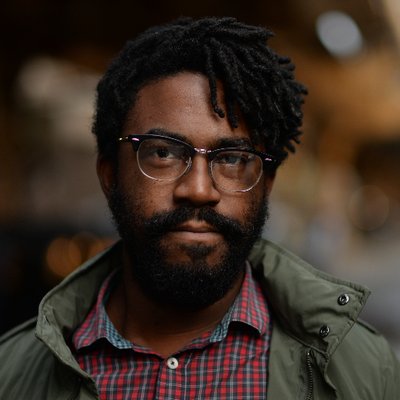
Darryl Holliday is a journalist, community steward, network builder and civic strategist actively fostering critical connections among people, spaces and ideas. He deepens civic life in the places where they live by creating more participatory local news and more collaborative community conversations.
He is a Partner and cofounder of Commoner Company and previously served as the Executive Director of National Impact. In 2019, he orchestrated the development of the award-winning documenters.org platform and strategic expansion of the Documenters Network to its first 11 cities—training thousands of people to engage their local government, and paying out more than $1 million directly to local residents in the process. He’s a Studs Terkel Award-winning journalist, founder of the Illustrated Press and reporter formerly with DNAinfo Chicago.
Session: Every Public Meeting: A Vision for Civic Transparency, and Discussion: How should we think about public meetings data?
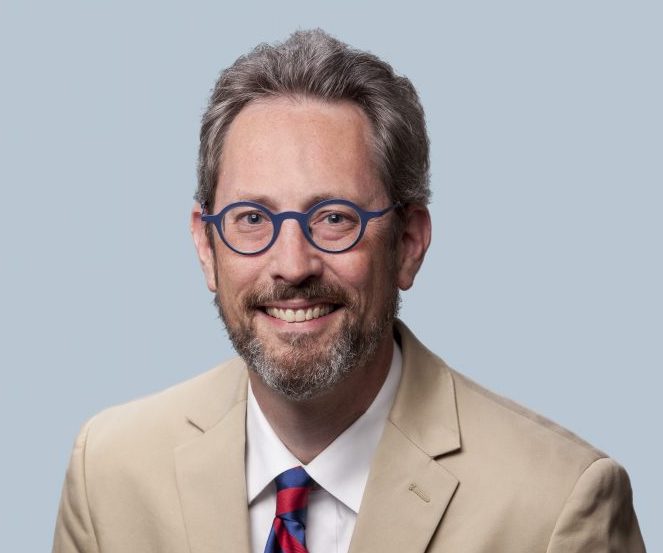
Matt Leighninger directs the Center for Democracy Innovation at the National Civic League. He leads the Center’s work in strengthening democratic infrastructure, organizing national engagement efforts, and measuring the quality of engagement and democracy.
Matt has been one of the central figures in democracy innovation over the last twenty years. As a network-builder, convener, author, commentator, researcher, and practitioner, he has helped catalyze and connect the key developments in the recent evolution of democracy. As a result of these varied experiences and roles, Matt is able to articulate a systemic analysis of citizenship – and able to help people create more collaborative, participatory forms of democracy, at a time when they are desperately needed.
Matt played a leading role in the wave of democratic innovation of the 1990s and 2000s, which produced many new face-to-face processes for dialogue and deliberation
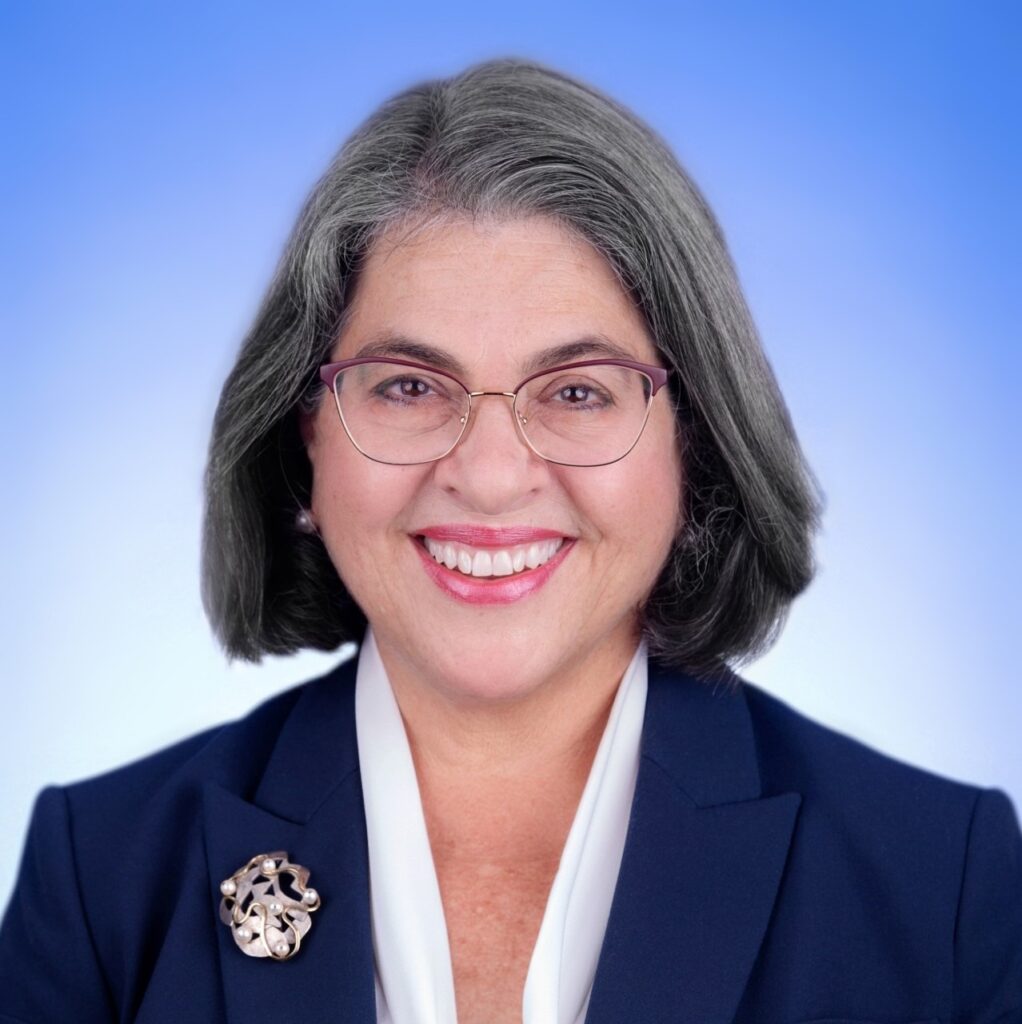
Daniella Levine Cava was elected Miami-Dade County’s first-ever woman mayor in November 2020, after 40 years of advocacy for South Florida families.
As mayor, she oversees more than 31,000 county employees, serves nearly 3 million residents, and manages an annual budget of approximately $12 billion. She is focused on building a more resilient and prosperous Miami-Dade.
Her initiatives include combating gun violence, building a future ready economy full of opportunity, tackling the housing crisis, and preserving our precious environment. A social worker, lawyer, and activist, she previously served as the County Commissioner for District 8 and worked with vulnerable populations through Legal Services of Greater Miami and Catalyst Miami, an organization she founded. With her husband, Dr. Robert Cava, she raised two children, Eliza and Edward, in Miami-Dade.
Session: Honoring Citizenship: 2024 Citizenship Awards Ceremony

Katherine Maher is the President and CEO of National Public Radio. She’s an experienced executive leading public interest institutions through technological disruption and strategic transformation, recently in areas of information and media, good governance and democracy, civil and human rights, international development and foreign policy.
Prior to joining NPR, Maher was CEO of Web Summit and served on its Board of Directors. She also worked for five years as CEO of the Wikimedia Foundation, responsible for the success of Wikipedia, one of the world’s most popular digital platforms. She led Wikipedia to its highest brand trust since its founding, navigating the misinformation crisis and global trust decline in media, while doubling the Foundation’s fundraising and raising Wikimedia’s first endowment.
Maher is the Chair of the Board of Signal Foundation, responsible for the secure, private Signal Messenger app, a non-resident Senior Fellow at the Atlantic Council for democracy and technology, a term member of the Council on Foreign Relations, a World Economic Forum Young Global Leader, and a security fellow at the Truman National Security Project; and from 2022 to 2024 served as an advisor to the U.S. Secretary of State’s Foreign Affairs Policy Board regarding issues of technology, governance and human rights.
Session: How Can Civic Media Help Renew Civic Health
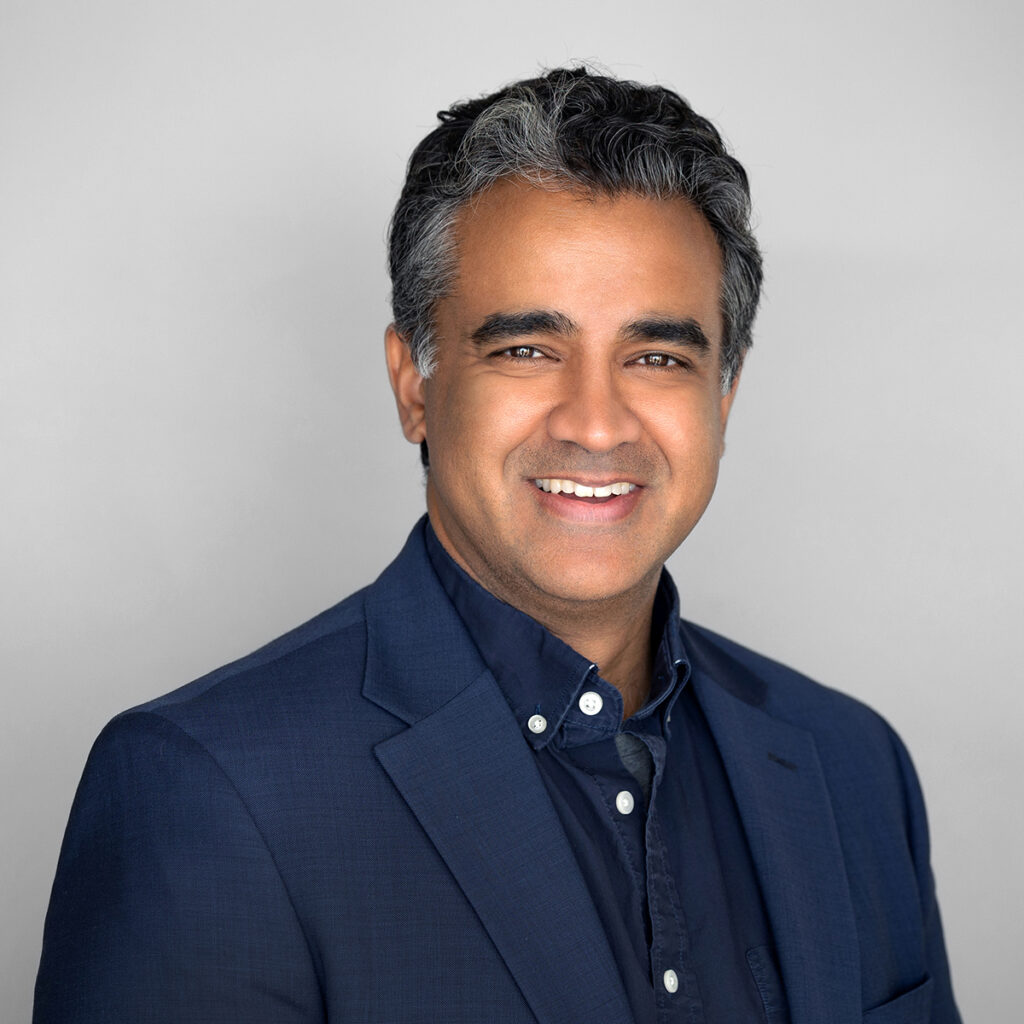
Dr. Rishi Manchanda, MD, MPH is CEO at HealthBegins. He has advanced bold strategies to help health care move upstream and advance health equity for historically marginalized patients and communities throughout his career as physician, executive, and public health champion.
Dr. Manchanda served as the founding director of social medicine for a network of community health centers in South-Central Los Angeles, as the first lead primary care physician for homeless veterans at the Greater Los Angeles VA, and as the inaugural chief medical officer for a self-insured employer with a large rural agricultural workforce.
In his book—The Upstream Doctors—and TED Talk, he introduced “Upstreamists,” a new model of healthcare professionals who improve outcomes by addressing the social and structural drivers of health equity—patients’ social needs, community-level social determinants of health, and structural determinants of health equity including structural racism.
Session: Leveraging Public Health to Increase Civic Health
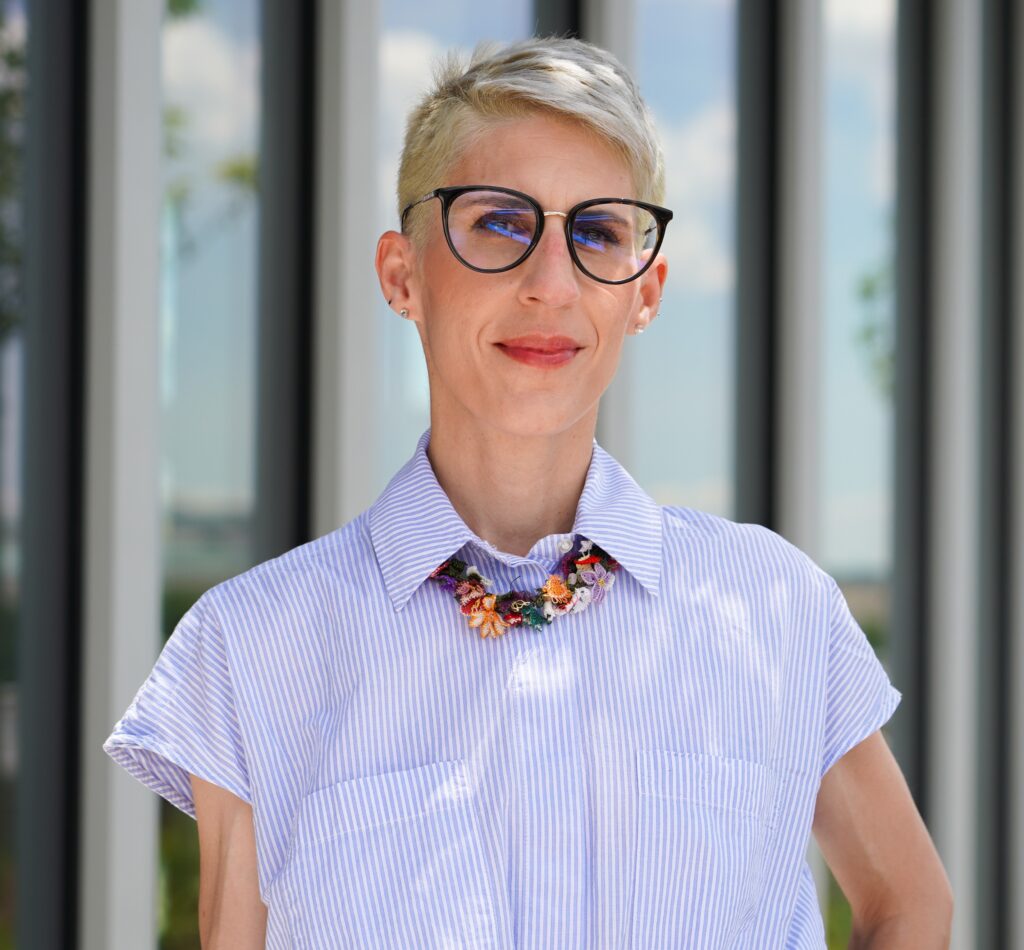
Dr. Thessalia Merivaki‘s research interests lie in the intersection of election science, voter behavior, and political communication.
She is working with academics, federal and state agencies, election officials, and pro-democracy stakeholders to understand how accurate – and -false- information flows in the election information ecosystem, and how trust-building communication campaigns can help build trust in the integrity of elections.
Since 2020, Dr. Merivaki has been co-directing the Election Officials Communications Tracker, a massive data collection and analysis initiative that tracks all state and local election officials’ communication efforts on social media. This work has received funding by the MIT Election Data Science Lab (2022 cycle) and Public Agenda (2024 cycle).
Session: Listening to Digital Civic Discourse: Tools & Insights
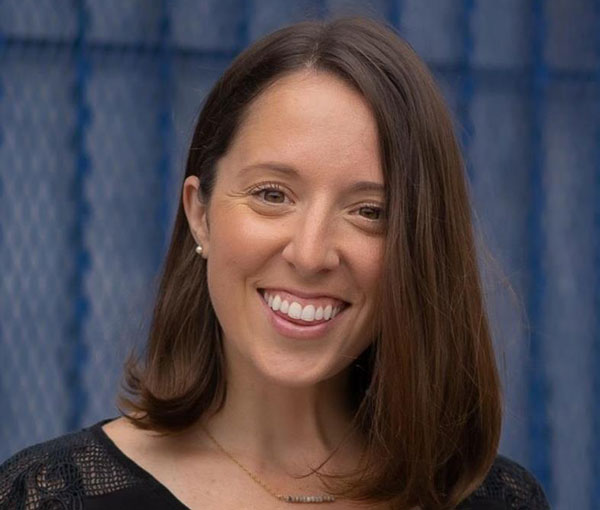
Carolyn Powers is Director of US Programs at Internews and leads the operational and strategic direction of Internews’ signature US based program, the Listening Post Collective.
In 2013, Carolyn helped pilot Internews’ first program in the United States, Listening Post New Orleans and in 2017 co-founded the national civic media initiative, the Listening Post Collective. Prior to launching Internews’ US Programs department, Carolyn supported Internews internationally and served as Program Officer for Internews’ humanitarian, gender, health, and environmental programs, as well as Program Associate for the office of the President where she helped manage and oversee Internews’ organizational and Board related priorities.
Carolyn is inspired by LPC’s incredible partners and excited by the growing opportunities for media justice and change. Carolyn is a graduate of Stonehill College and lives in Washington, DC.
Session: Mapping Civic Health to Revitalize Local News
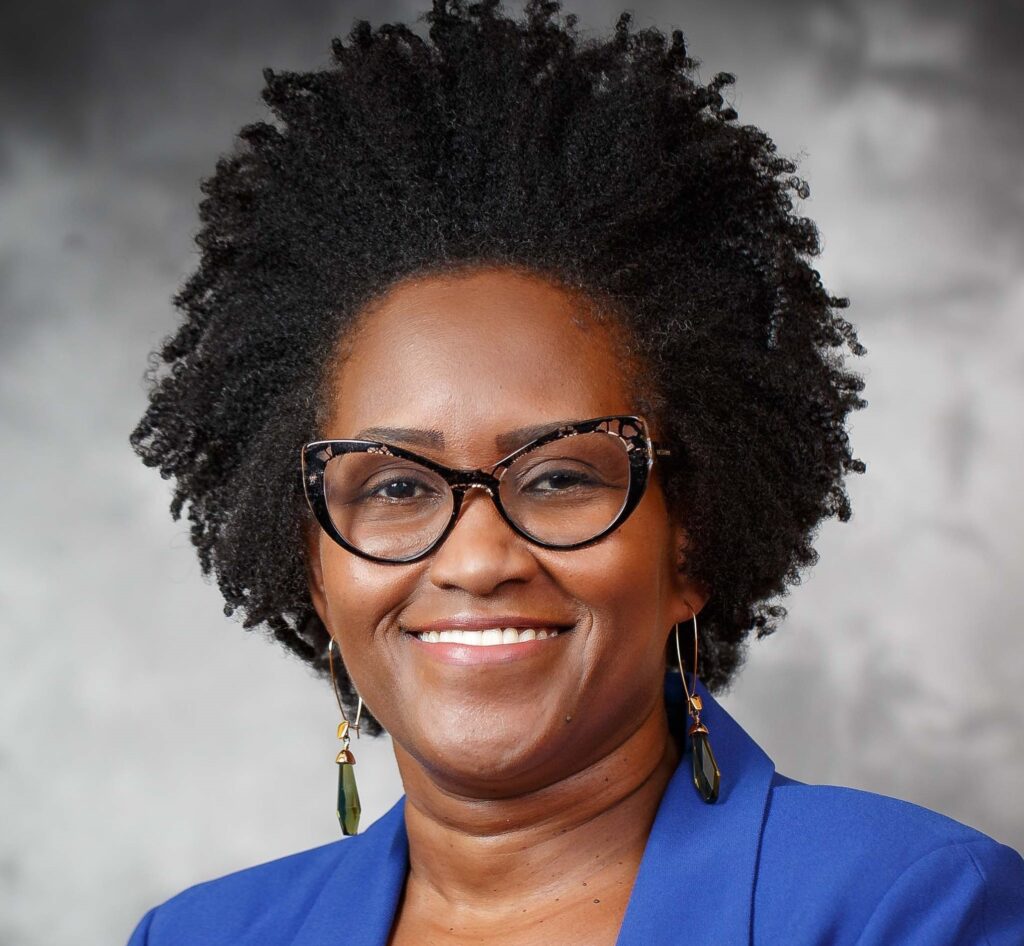
Audra M. Watson is the Chief of Youth Civic Programs at the Institute for Citizens & Scholars, where she leads transformative programs for youth, teachers, and school leaders.
Her work focuses on equipping young people and the educators who support them with the tools, experiences, and resources needed to drive meaningful change in their communities. Audra’s commitment to youth empowerment is evident in her leadership of the Civic Spring Fellowship program. The program provides critical funding to young people ages 14-24, empowering them to build civic knowledge, skills, and dispositions while addressing pressing local community needs.
After beginning her career as a middle school teacher she took on several leadership roles within the New York City Department of Education, where she honed her skills and knowledge. Beyond her work at the Institute for Citizens & Scholars, Audra serves in numerous civic leadership capacities. She is the Secretary/Treasurer of the TPI-US Board of Directors, an adjunct professor for the EdD in Community-Based Leadership program at the College of Staten Island, Secretary of her Cooperative Board, and Co-Chair of the First Baptist Church Board of Trustees in Elmsford, NY.
Session: Honoring Citizenship: 2024 Citizenship Awards Ceremony
If you don’t see a speaker listed, we are currently updating this information – thank you.
